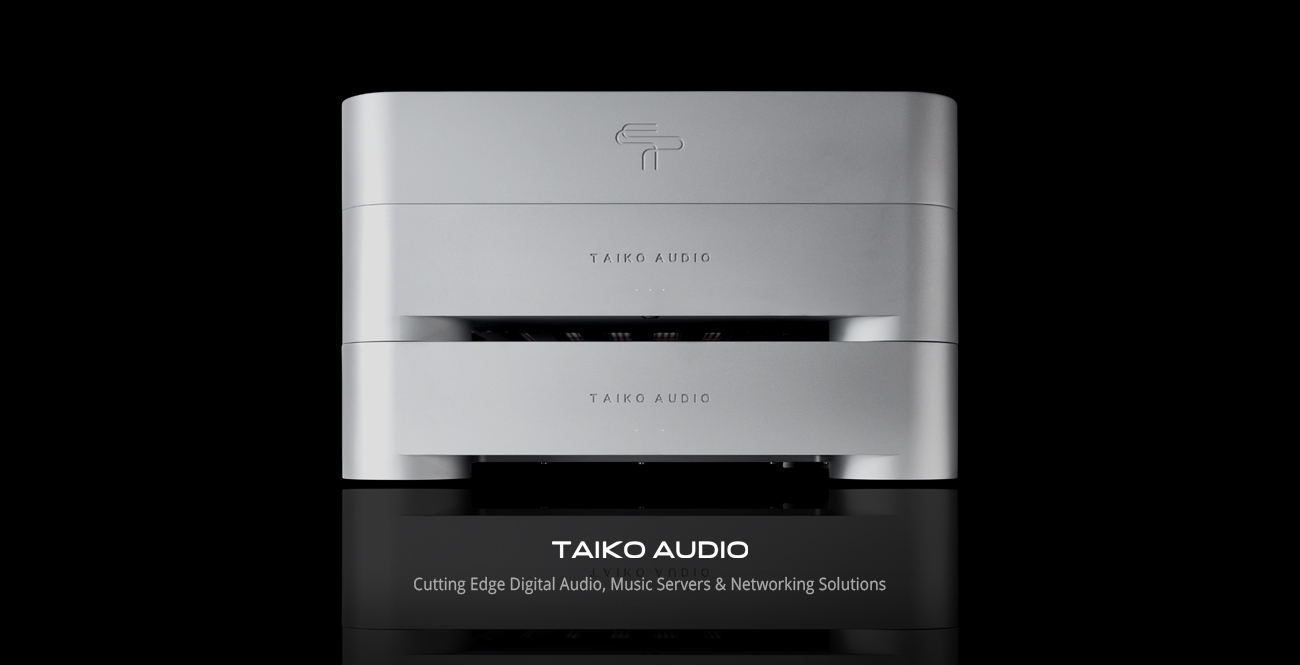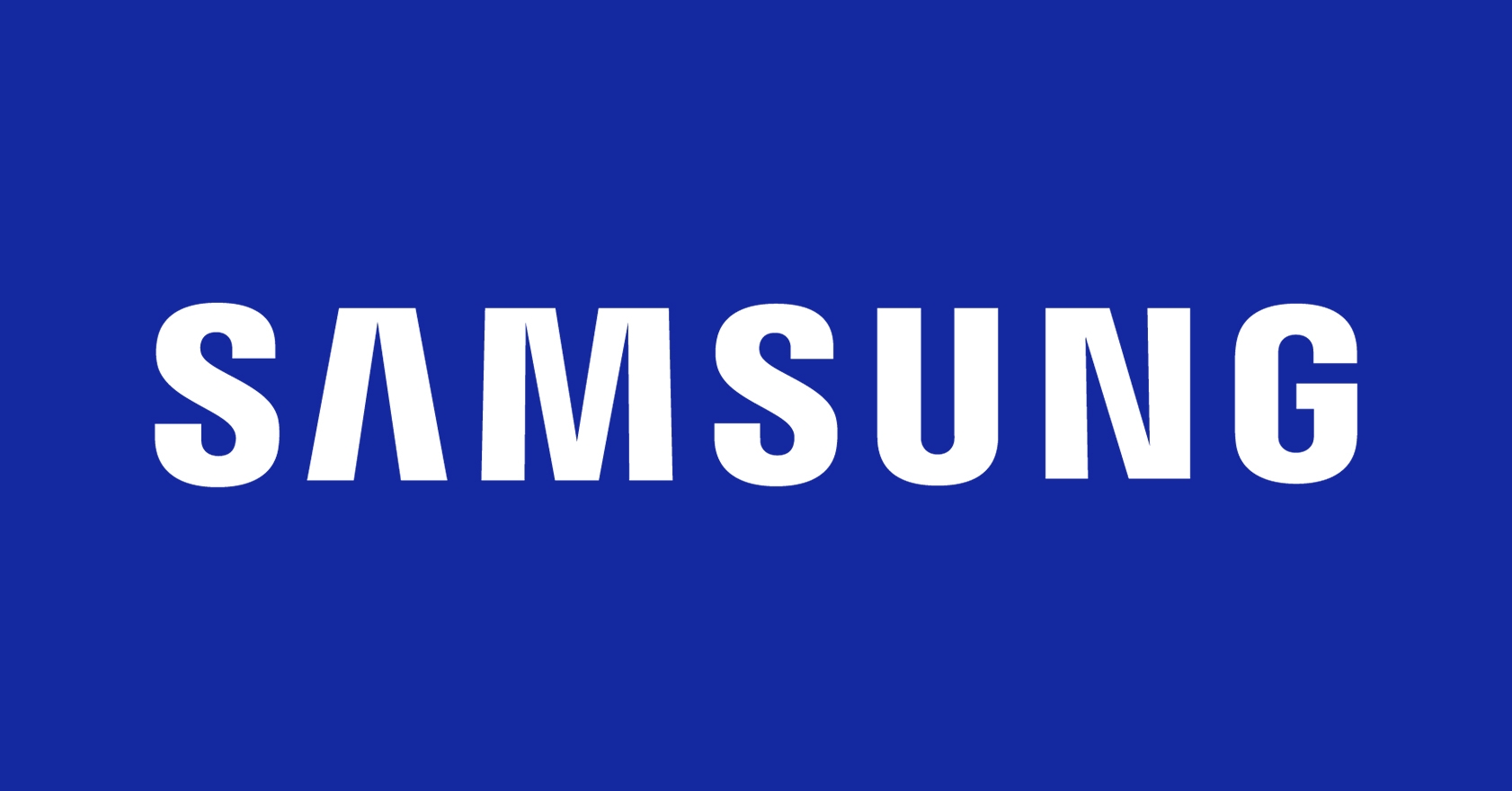About storage:
Congratulations! You bought a new music server

Exciting times ahead with a device touted to provide previously unattainable performance from digital music playback!
In the past, when buying a new source, you did not have to worry about your music collection, as that would stay in your home as physical purchased media. With music servers your media collection is made up of files. The only way these can physically stay in your home is:
1) (temporarily) keeping your old music server
2) storing them on a NAS
3) keeping a copy on an additional drive
Let's take a closer look at the options with using your music collection with your new music server in these 3 scenarios:
1) (temporarily) keeping your old music server:
You can use your old music server as a NAS, you can access your music library from Roon by adding \\ip-address\sharename as a storage locations in the Roon settings section.
This would not be a very common scenario as most likely you'd prefer either selling or trading in your old music server with your dealer.
That leads us to the second option, copying your music collection from your old to your new music server. This would typically entail using a computer or laptop, access both servers by means of:
\\OLDserver ip-address\sharename and \\NEWserver ip-address\sharename and drag/drop the contents of window 1 to window 2.
This is by far the easiest way to do it, but it's not the fastest way. Unfortunately faster means more complex, you may need more then the most basic computer operating skills for that.
If you prefer faster methods of transfer, or if even this seems daunting to you,
do not hesitate to ask your dealer for help. The transferral of a music library is something you can expect your dealer to help you with as part of after sales / installation service, you're not buying a cheap mass production device at Walmart!
2) storing them on a NAS:
Keeping your music collection on a NAS is actually how things started out in the early era of music servers, they were called streamers back then, although online streaming services like Tidal/Qobuz did not exist back then, they were called streamers, as they would stream files from your NAS. Over the years, in the pursuit of better sound quality, streamers turned into music servers as companies started incorporating local storage devices for improved performance. This is nowadays the norm.
With the launch of the Router and the Olympus, and the disappearance of the sound quality benefit of local stored files, returning to storing your music collection on a NAS becomes a viable option again.
The benefits of NAS based storage libraries are:
1) improved safety/protection of your music collection,
2) not having to copy your music collection again if the internal drive of your music server, or your entire music server fails, and when moving to a different server, as I'm sure although we may be the first, others will follow.
3) it's an always online "remote" storage location on which you can store your Roon backups. Simply tell Roon to backup once a day, or once a week, to the NAS, if your music server fails, you can always restore from your NAS and retain all your settings and Roon playlists.
If you have your music collection stored on a NAS, all you need to do is add \\NAS ip-address\sharename as a storage locations in the Roon settings section, and you're done!
3) keeping a copy on an additional drive:
If you have an external drive on which you keep a copy of your music collection, you would connect that drive to your computer / mac, open a window to the drive, open a window to your music server \\NEWserver ip-address\sharename in apple finder or windows explorer and drag/drop the contents of window 1 to window 2.
Naturally we're here to help with tips / tricks for anyone wanting to perform any of these operations themselves, and/or by helping you out with deciding which storage strategy to employ with your new Olympus server. But don't assume this forum thread to being a common practices guide on how to migrate your music collection, a lot of members are users with advanced computer skills, reading their content may be very confusing to “normal people”

. Ask your dealer for help / guidance when in doubt or if everything posted here is gibberish to you. You can even contact our support desk (
support@taikoaudio.com) if things remain unclear, we're here to help, happily, as we've always been!




